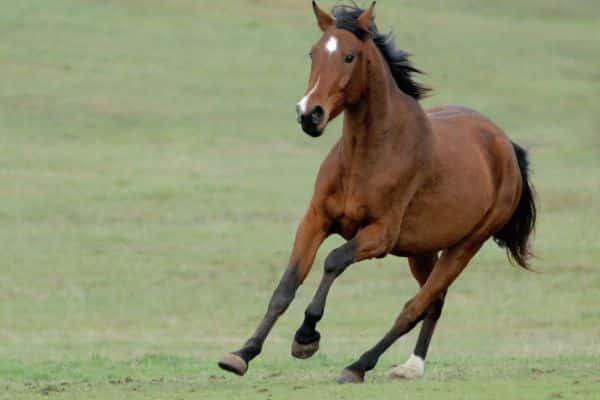How to Produce Antivenom of Viper Toxins
Hello, Today I will discuss how to produce the antivenom as a vaccination for Russell`s Viper Snake.
Recently, Russell`s Viper has increased in Bangladesh and is a threat to the community people. At this moment we need an Antivenom. Do you know how to make an Antivenom? Yes thats interesting. Thanks to Horse. Yes. The horse is one of the hosts to produce the antibodies of Antivenom.
 Antivenom is a lifesaving treatment derived from animals, most commonly horses. Here’s a breakdown of the antivenom production process:
Antivenom is a lifesaving treatment derived from animals, most commonly horses. Here’s a breakdown of the antivenom production process:
-
Venom Collection:
- Scientists first need venom from the specific type of snake or animal (spider, scorpion) for which they’re creating the antivenom. This venom is collected in a controlled setting.
-
Immunization of Donor Animals:
- Horses (or sometimes sheep) are used as donor animals due to their large blood volume. Small, controlled doses of the collected venom are injected into these animals.
-
Antibody Production:
- The horse’s immune system reacts to the venom by producing antibodies, which are specialized proteins designed to neutralize the venom’s toxins.
-
Blood Plasma Extraction:
- After a period of time allowing for sufficient antibody production, blood is drawn from the donor animal. A machine extracts the liquid portion of the blood, called plasma, which contains the antibodies.
-
Antibody Purification:
- The extracted plasma goes through a series of purification processes to isolate and concentrate the specific antibodies that target the venom toxins.
-
Antivenom Formulation:
- The purified antibodies are then formulated into a medicine suitable for injection into humans who have been envenomated. This may involve adding stabilizers and ensuring sterility.
-
Quality Control:
- The final antivenom undergoes rigorous testing to ensure its safety, potency, and effectiveness in neutralizing the venom.
Important to Note:
- This is a simplified explanation, and the actual production process may involve additional steps and quality control measures.
- Antivenom derived from horses can sometimes cause allergic reactions in humans. Researchers are exploring alternative methods for antivenom production, such as using genetically modified animals or recombinant antibodies.
Dont You Want to Read? Watch Video